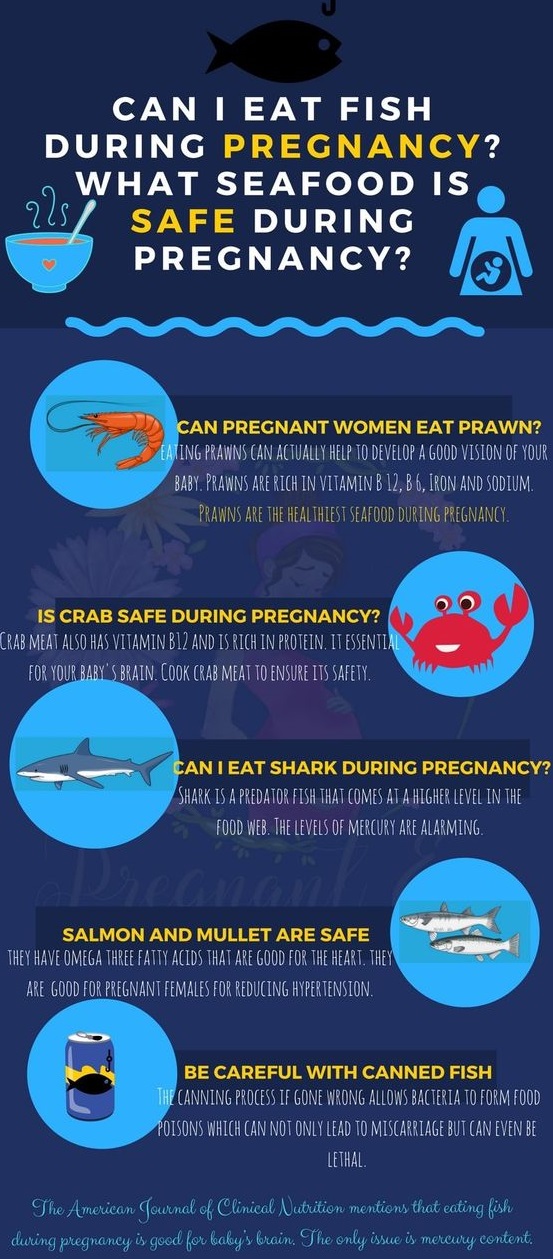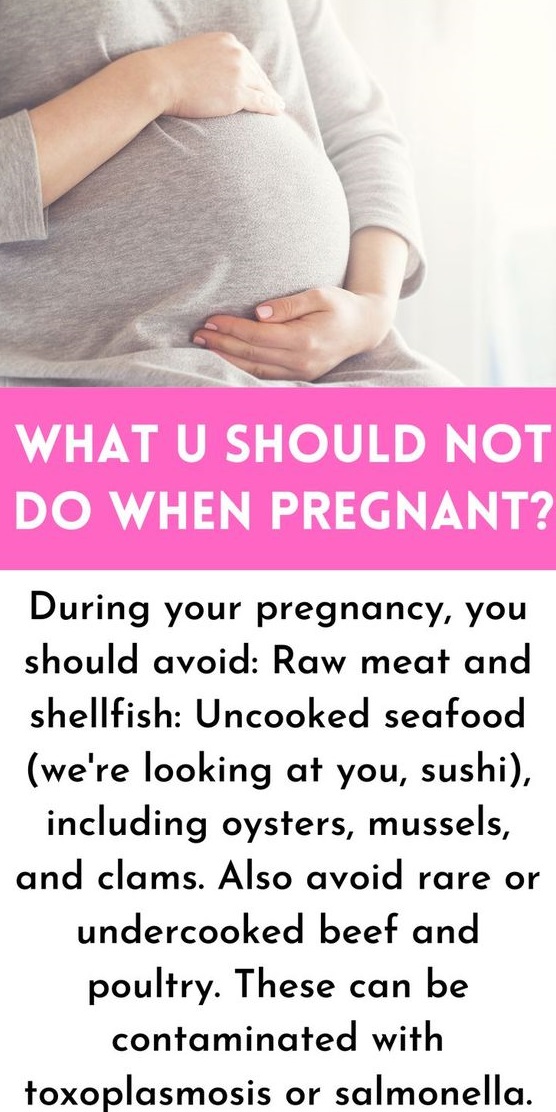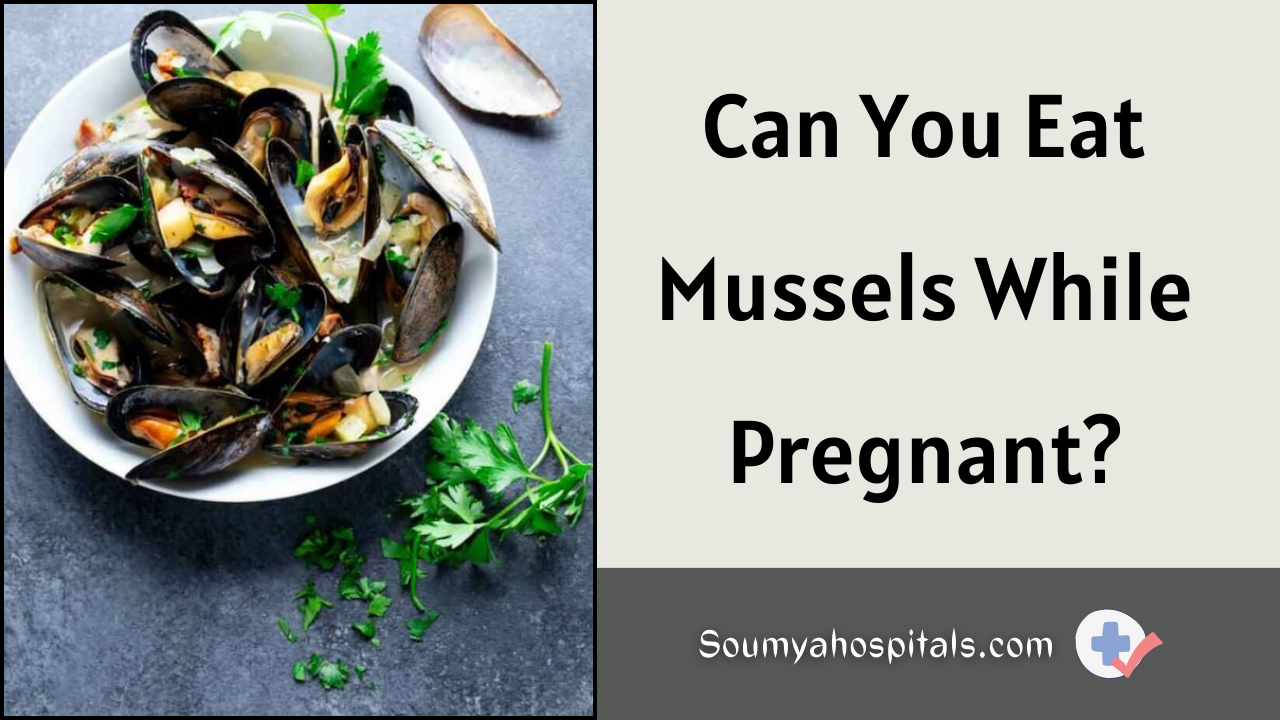When it comes to eating seafood, pregnant women across the globe are confused. Even after they get the go-ahead from their ob-gyn, they may still worry about the safety aspect, thanks to all the warning signs that come with having seafood. Well, there are two sides to every coin and this subject is no different.
It’s A Fact: Seafood Is Good For Pregnancy
There’s no debating that seafood is good for health whether you’re pregnant or not. Seafood is a great source of Omega-3 fatty acids. In addition to it, it also contains many other nutrients beneficial to health like selenium, iodine, zinc, calcium and vitamin D. Eating a good amount of oily fish during pregnancy results in a longer gestation, increased birth weight, and lower hypertension. It also assists a baby’s brain to develop during pregnancy.
Thanks to the many hormonal changes happening in the body, pregnant women often go through depression. Studies have found that though depression during pregnancy is common in western countries, it is absent in countries with high seafood intake. The intake of omega-3 is found to have a direct effect on depression during pregnancy.
What more? The advice to limit seafood intake could actually be detrimental to the well-being of both the mother and the developing fetus. How do we know it? A study using Avon Longitudinal Study of Parents and Children (ALSPAC) to assess the benefits and hazards of maternal seafood intake during pregnancy has shown that maternal seafood intake of more than 340g per week not only is beneficial to the development of the child, a lesser intake does not protect the babies from adverse outcomes. So if you are worried about contaminants in seafood affecting your child, this study has shown that the risks of the loss of nutrients far outweigh the risk from contaminants.

Why We Say Apply Caution
If seafood is so important during pregnancy, why has it got so much bad press? Food-borne diseases are a major concern in the USA with 76 million diseases reported every year. Of this, 10-19 percent is found to be related to seafood consumption.
Pregnancy is a delicate time where the immunity of the mother gets severely compromised just so the immune cells don’t attack the fetus. Caution must be applied while choosing food because the mother and her unborn baby are at an increased risk of food-borne illnesses that can damage the growing fetus. Some such illnesses like Listeria and Toxoplasma gondii infect the fetus while the mother may not feel sick at all. When it comes to seafood, it is the raw seafood that’s tricky because seawater can harbor many parasites and bacteria including Listeria and Salmonella. So dishes like sushi, sashimi, raw oysters, clams, etc should be erased from a pregnant woman’s diet chart. Other than raw seafood, seafood that is smoked and fish with high levels of mercury like shark, swordfish, king mackerel, tile fish, and tuna are some fish high in mercury.
Can Mussels Be Eaten During Pregnancy?
That takes us to the question: Are mussels safe during pregnancy? Mussel is the common name for several kinds of bivalve molluscs and clams. Largely found in saltwater, there are freshwater mussels as well. Mussels, like other seafood, are safe during pregnancy. In fact, it is good to have mussels which are one of the best sources of omega-3 fatty acids. Did you know mussels have over 8 times more iron than chicken, 9 and 5 times more vitamin B12 than beef and salmon respectively? It also contains 3 times the amount of riboflavin than salmon and nearly twice that is found in chicken.

How Should Mussels Be Eaten?
Cook them thoroughly. There is a simple trick to know if mussels are cooked well. Cook it until the shell pops. All the infection-causing organisms get killed through cooking. This, however, doesn’t ensure full protection from toxins present in them. It is also important to know the source of the seafood. Get healthy, non-toxic seafood which is tested before consumption to be on the safer side.
Read More:
- 8 Home Remedies For Tackling Indigestion During Pregnancy
- 9 Remedies To Relieve Pregnancy Back Pain: We’ve Got Your Back!
- Exercising During Pregnancy Can Benefit You In These 9 Ways
- Side Effects And Risks Of C-Sections: 10 Things No One Tells
- Pregnancy Symptoms Vs PMS Symptoms: What’s The Difference?
- Safe And Natural Birth Control Methods
